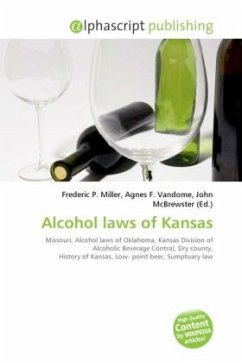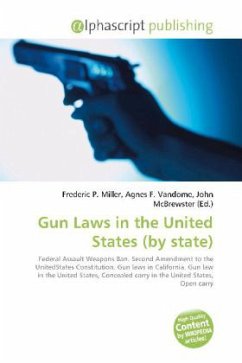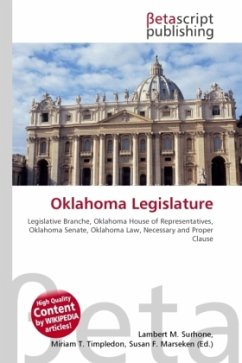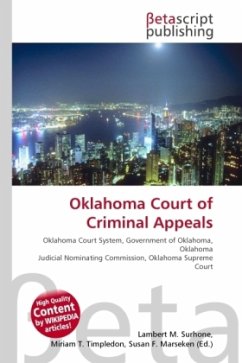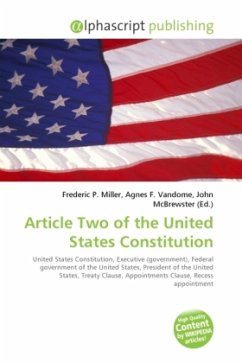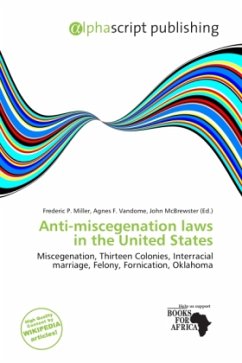
Anti-miscegenation laws in the United States
Miscegenation, Thirteen Colonies, Interracial marriage, Felony, Fornication, Oklahoma
Herausgegeben: Miller, Frederic P.; Vandome, Agnes F.; McBrewster, John
Versandkostenfrei!
Versandfertig in 6-10 Tagen
45,99 €
inkl. MwSt.

PAYBACK Punkte
23 °P sammeln!
Please note that the content of this book primarily consists of articles available from Wikipedia or other free sources online. Anti-miscegenation laws have been a part of American law since before its independence. They were ruled unconstitional by the Surpreme Court in 1967. The term miscegenation, a word invented by American journalists to discredit the Abolitionist movement by stirring up debate over the prospect of white-black intermarriage after the abolition of slavery, was first coined in 1863, during the American Civil War. Yet in the Thirteen Colonies laws banning the intermarriage o...
Please note that the content of this book primarily consists of articles available from Wikipedia or other free sources online. Anti-miscegenation laws have been a part of American law since before its independence. They were ruled unconstitional by the Surpreme Court in 1967. The term miscegenation, a word invented by American journalists to discredit the Abolitionist movement by stirring up debate over the prospect of white-black intermarriage after the abolition of slavery, was first coined in 1863, during the American Civil War. Yet in the Thirteen Colonies laws banning the intermarriage of whites and blacks were enacted as far back as the late seventeenth century. In the United States, anti-miscegenation laws (also known as miscegenation laws) were state laws passed by individual states to prohibit miscegenation, nowadays more commonly referred to as interracial marriage and interracial sex. Typically defining miscegenation as a felony, these laws prohibited the solemnization of weddings between persons of different races and prohibited the officiating of such ceremonies. Sometimes, the individuals attempting to marry would not be held guilty of miscegenation itself, but felony charges of adultery or fornication would be brought against them instead.



